January 16, 2024
On August 29, 2023, the Department of Health and Human Services (HHS) reportedly recommended to the Drug Enforcement Administration (DEA) that marijuana be rescheduled from Schedule I to Schedule III under the Controlled Substances Act (CSA). DEA is currently reviewing HHS’s recommendation.
When considering whether to schedule or reschedule a controlled substance, DEA is bound by HHS’s recommendations on scientific and medical matters.
However, DEA has also stated that it has “final authority to schedule, reschedule, or deschedule a drug under the Controlled Substances Act.”
A previous CRS Insight outlined policy considerations related to rescheduling marijuana. This Legal Sidebar provides additional information on the legal consequences of the possible move of marijuana from Schedule I to Schedule III.
Current Legal Status of Cannabis Under the CSA
Cannabis and its derivatives generally fall within one of two categories under federal law: marijuana or hemp. Unless an exception applies, the CSA classifies the cannabis plant and its derivatives as marijuana (some provisions of the statute use an alternative spelling, “marihuana”).
The CSA definition of marijuana excludes
(1) products that meet the legal definition of hemp and (2) the mature stalks of the
cannabis plant; the sterilized seeds of the plant; and fibers, oils, and other products made from the stalks and seeds.
Marijuana is a Schedule I controlled substance under the CSA.
Federal law defines hemp as the cannabis plant or any part of that plant with a delta-9
tetrahydrocannabinol (THC) concentration of no more than 0.3%. The non-psychoactive compound cannabidiol (CBD) falls within the legal definition of hemp. Hemp is not a controlled substance under the CSA.
Substances become subject to the CSA through placement in one of five lists, known as Schedules I through V.
Congress placed marijuana in Schedule I in 1970 when it enacted the CSA. A lower schedule number carries greater restrictions under the CSA, with controlled substances in Schedule I subject to the most stringent controls. Schedule I controlled substances have no currently accepted medical use.
It is illegal to produce, dispense, or possess such substances except in the context of federally approved scientific studies, subject to CSA regulatory requirements designed to prevent abuse and diversion.
RESTORE YOUR SECOND AMENDMENT RIGHTS
RESTORE YOUR PROFESSIONAL LICENSE
RESTORE YOUR DRIVER LICENSE
RESTORE YOUR PAST (Expungements)
Call our Office for a free case evaluation
Komorn Law (248) 357-2550
Unauthorized activities involving Schedule I controlled substances are federal crimes that may give rise to large fines and significant jail time. DEA is required to set annual production quotas for Schedule I controlled substances manufactured for use in approved research.
In addition to the general regulatory framework that applies due to marijuana’s Schedule I status, some provisions of the CSA apply specifically to marijuana. For instance, 21 U.S.C. § 841 imposes mandatory minimum prison sentences for persons convicted of criminal CSA violations involving set quantities of specific controlled substances, including marijuana. In addition, 21 U.S.C. § 823 creates special registration requirements for those who manufacture marijuana for research purposes.
In sharp contrast to the stringent federal control of marijuana, in recent decades nearly all the states have changed their laws to permit the use of marijuana (or other cannabis products) for medical purposes.
In addition, twenty-four states and the District of Columbia have passed laws removing certain state criminal prohibitions on recreational marijuana use by adults.
As the Supreme Court has recognized, states cannot actually legalize marijuana because the states cannot change federal law, and the Constitution’s Supremacy Clause dictates that federal law takes precedence over conflicting state laws.
So long as marijuana is a Schedule I controlled substance under the CSA, all unauthorized activities involving marijuana are federal crimes anywhere in the United States, including in states that have purported to legalize medical or recreational marijuana.
Nonetheless, Congress has granted the states some leeway to allow the distribution and use of medical marijuana.
In each budget cycle since FY2014, Congress has passed an appropriations rider barring the Department of Justice (DOJ) from using taxpayer funds to prevent states from “implementing their own laws that authorize the use, distribution, possession, or cultivation of medical marijuana.” Courts have interpreted the appropriations rider to prohibit federal prosecution of state-legal activities involving medical marijuana.
However, it poses no bar to federal prosecution of activities involving recreational marijuana.
Moreover, the rider does not remove criminal liability; it merely limits enforcement of the CSA in certain circumstances while the rider remains in effect. While official DOJ policy has varied somewhat across Administrations, recent presidential Administrations have not prioritized prosecution of state-legal activities involving marijuana.
Read the rest here –> Legal Consequences of Rescheduling Marijuana Jan 2024

Komorn Law – Federal Courts and All Michigan Courts
More Posts
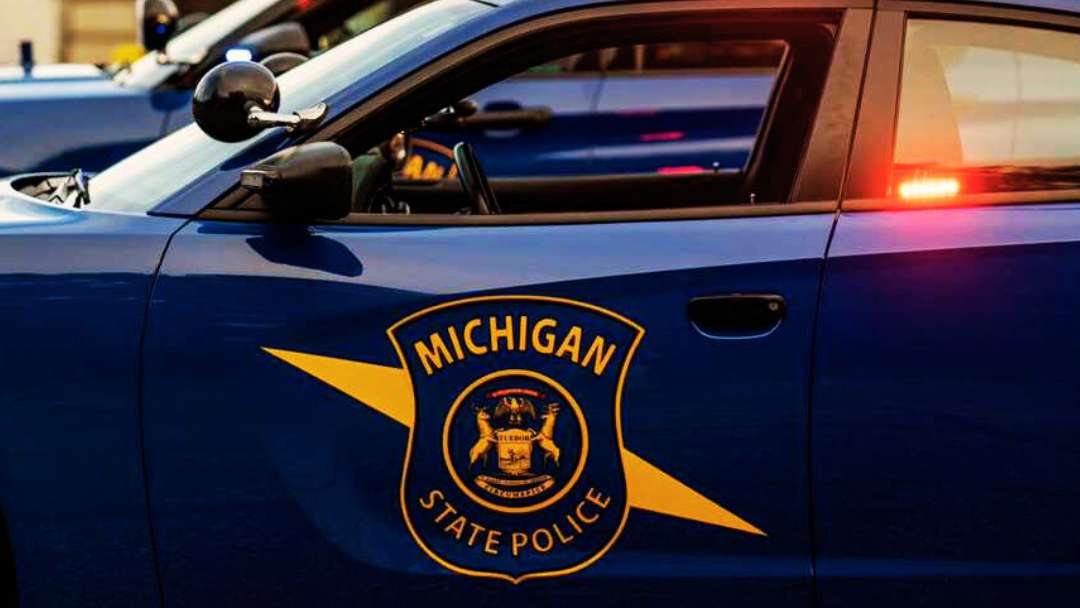
The MSP and Your Privacy (Criminal History)
Is the Michigan State Police really concerned about your criminal history privacy?Here's what they say on their websiteThe Michigan State Police (MSP) is committed to protecting the privacy of your potentially personally identifiable data (PPID) in a strong and...

The 6th Amendment – Do You Know What It Is?
The 6th Amendment: is it still a thing?The 6th Amendment to the United States Constitution is a crucial pillar of the Bill of Rights, designed to ensure fair and just legal proceedings for individuals accused of crimes. Ratified on December 15, 1791, this amendment...

The US Supreme Court and Federal Gun Law Cases
The US Supreme Court and Federal Gun Law CasesChallenges to Federal Gun Laws the right of the people to keep and bear Arms, shall not be infringed Updated July 8, 2024 Ratified in 1791, the Second Amendment provides, “A well regulated Militia, being necessary to the...

Do Passengers in a Vehicle have 4th Amendment Rights?
Do Passengers have 4th Amendment Rights?Michigan Supreme Court Limits Police Ability to Search Passenger Property in CarsBackground Mead was a passenger in a car and had just met the driver, who offered him a ride. When the police stopped the vehicle and ordered both...

Do Students Have 4th Amendment Rights in Schools
Students and 4th Amendment RightsStudents are entitled to a right to be safe from unreasonable searches and seizures even within school premises, as ruled by the Supreme Court of the United States. However, these rights are somewhat limited for students, allowing...
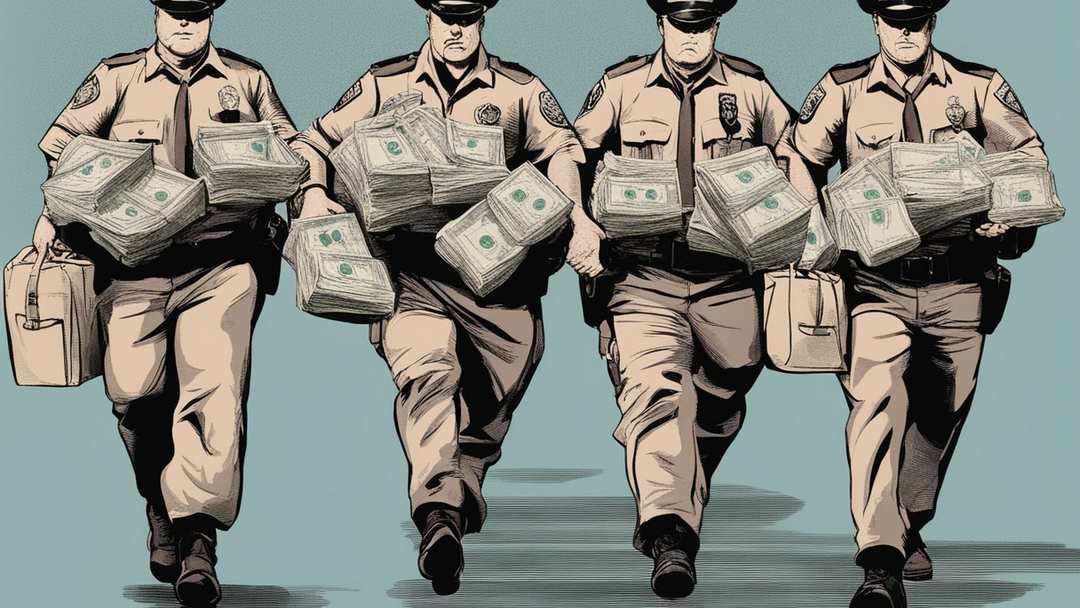
Forfeiture Law: SCOTUS and Sixth Circuit Issue Landmark Rulings
Forfeiture Law in Focus: SCOTUS and Sixth Circuit Issue Landmark RulingsThe landscape of forfeiture law has been significantly shaped by recent decisions from the U.S. Supreme Court and the Sixth Circuit Court of Appeals. These rulings, in the cases of United States v...

Facial Recognition and Wrongful Arrests
Facial RecognitionHow Technology Can Lead to Mistaken-Identity Arrests Facial recognition technology has become increasingly prevalent in law enforcement, but its use raises critical questions about civil liberties and accuracy. One landmark case sheds light on the...
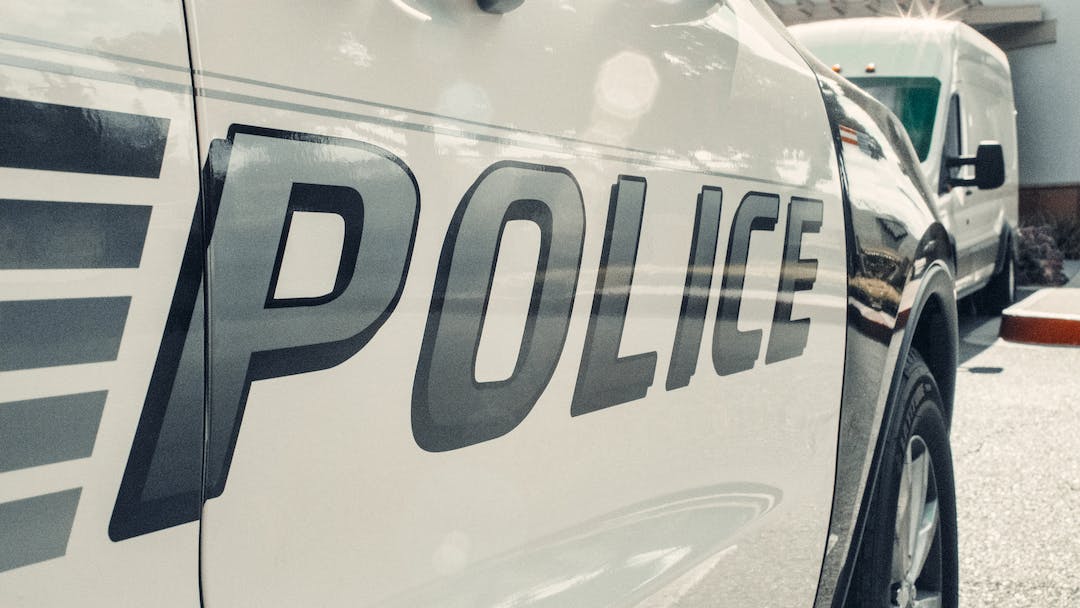
People v. Chandler Case: Protecting Fourth Amendment Rights
Court of Appeals of Michigan PEOPLE of the State of Michigan, Plaintiff-Appellee, v. Javarian CHANDLER, Defendant-Appellant. No. 368736 Decided: June 27, 2024Before: Borrello, P.J., and Swartzle and Young, JJ. Introduction In the People v. Chandler case, the Michigan...
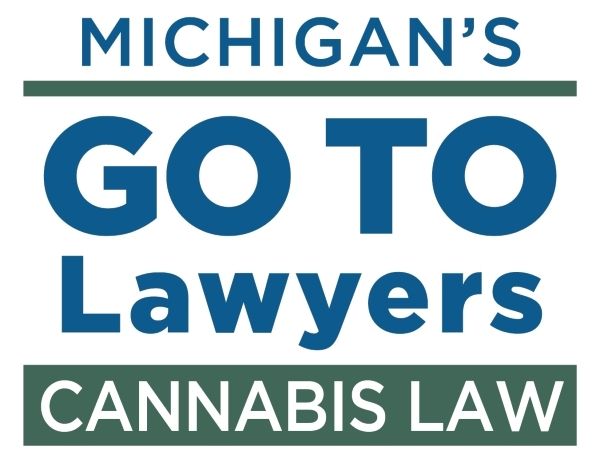
MI Lawyer Weekly – Michigan’s Go To Lawyers for Cannabis Law
Please join us in congratulating our inaugural Michigan’s Go To Lawyer for cannabis law. Michael Komorn, Komorn Law, Farmington HillsMichigan Lawyers Weekly is pleased to announce the inaugural “Go To Lawyers” for cannabis law. Now in its fifth year, the “Go To...
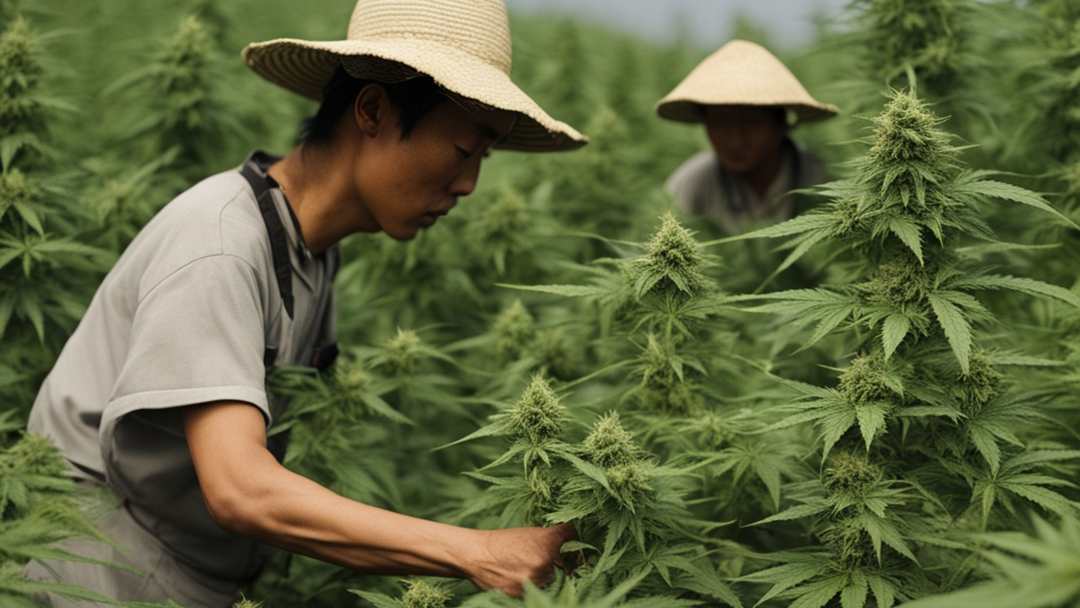
Chinese-funded marijuana farms springing up across the U.S.
Inside the Chinese-funded and staffed marijuana farms springing up across the U.S.During a farm inspection, New Mexico state special agents discovered an excessive number of cannabis plants in violation of state laws. Subsequent visits revealed dozens of underfed and...











